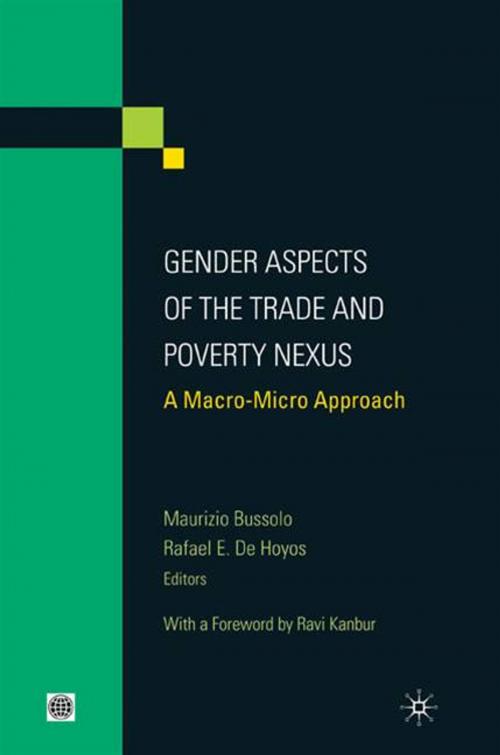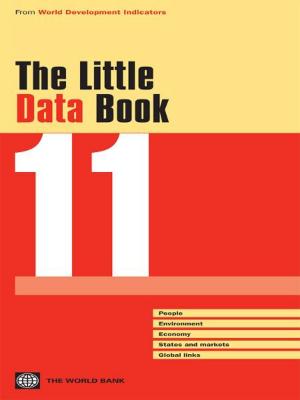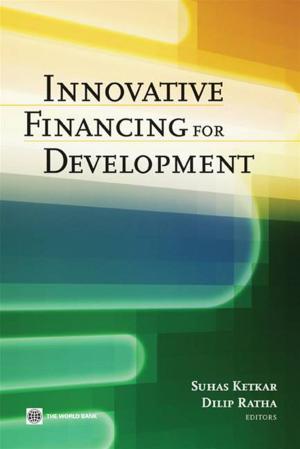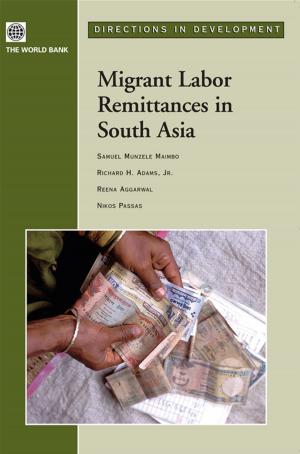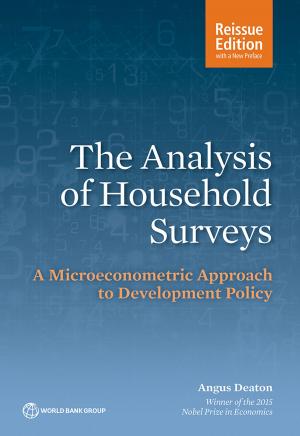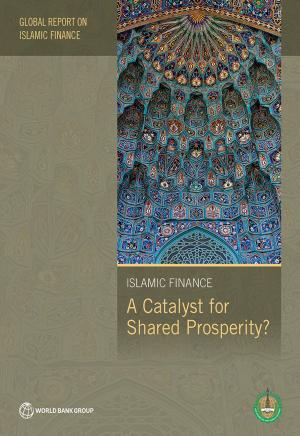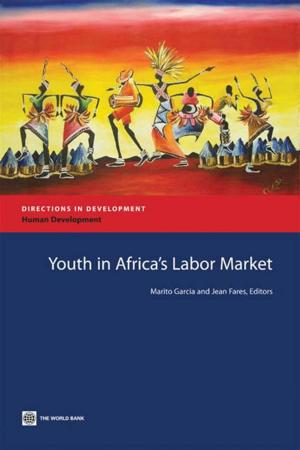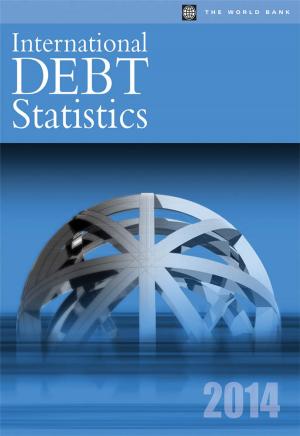Gender Aspects Of The Trade And Poverty Nexus: A Macro-Micro Approach
Nonfiction, Social & Cultural Studies, Social Science, Sociology| Author: | Bussolo Maurizio; E. De Hoyos Rafael | ISBN: | 9780821377628 |
| Publisher: | World Bank | Publication: | April 9, 2009 |
| Imprint: | Language: | English |
| Author: | Bussolo Maurizio; E. De Hoyos Rafael |
| ISBN: | 9780821377628 |
| Publisher: | World Bank |
| Publication: | April 9, 2009 |
| Imprint: | |
| Language: | English |
This volume introduces the gender dimension in the empirical analyses on the links between trade and poverty. Gender disparities, an important component of overall inequality, may limit the gains from trade and the potential benefits to poor people. This view is supported by the robust finding that while growth (as well as the gains from trade) is the major vehicle of lifting people out of poverty, it is more likely to be pro-poor when initial inequality is low. High inequality directly lowers the rate of poverty reduction by hindering growth.Ample evidence shows that, in spite of recent improvements, there are still large gender disparities in access to education, health, credit, and other resources. These disparities create inequality traps for women and lower growth in the aggregate. Trade liberalization can create economic opportunities but because of their different endowments, control over resources, access to labor markets and their different roles within the households, women and men cannot uniformly take advantage of these opportunities.
This volume introduces the gender dimension in the empirical analyses on the links between trade and poverty. Gender disparities, an important component of overall inequality, may limit the gains from trade and the potential benefits to poor people. This view is supported by the robust finding that while growth (as well as the gains from trade) is the major vehicle of lifting people out of poverty, it is more likely to be pro-poor when initial inequality is low. High inequality directly lowers the rate of poverty reduction by hindering growth.Ample evidence shows that, in spite of recent improvements, there are still large gender disparities in access to education, health, credit, and other resources. These disparities create inequality traps for women and lower growth in the aggregate. Trade liberalization can create economic opportunities but because of their different endowments, control over resources, access to labor markets and their different roles within the households, women and men cannot uniformly take advantage of these opportunities.
